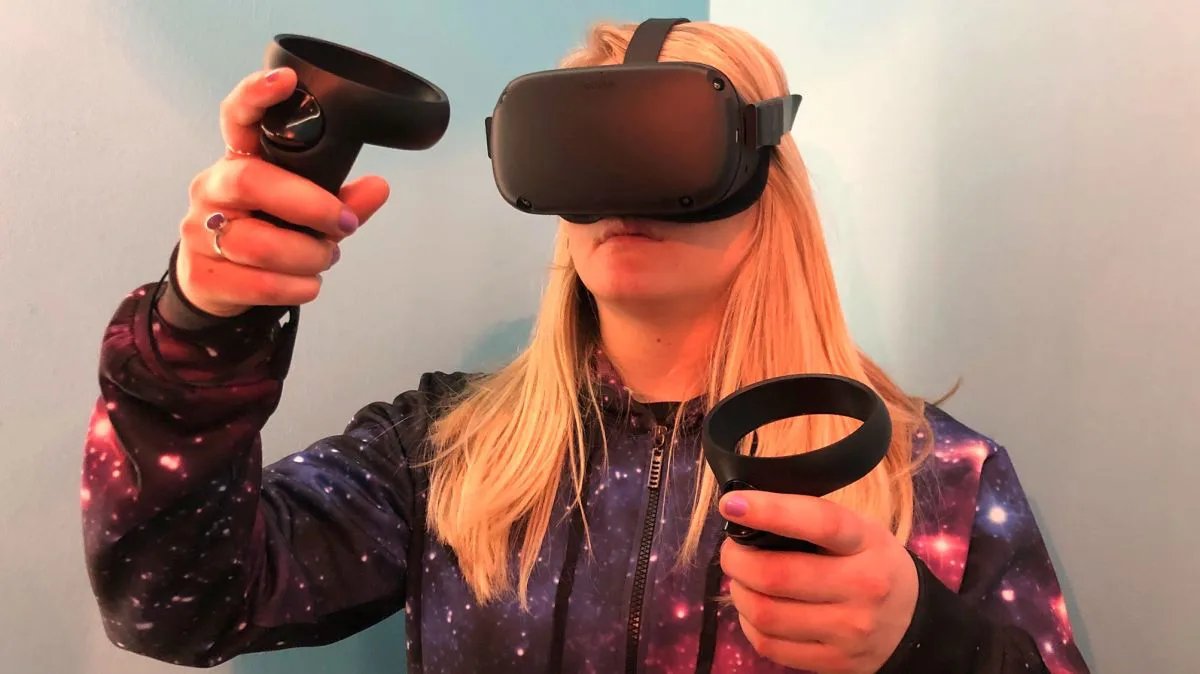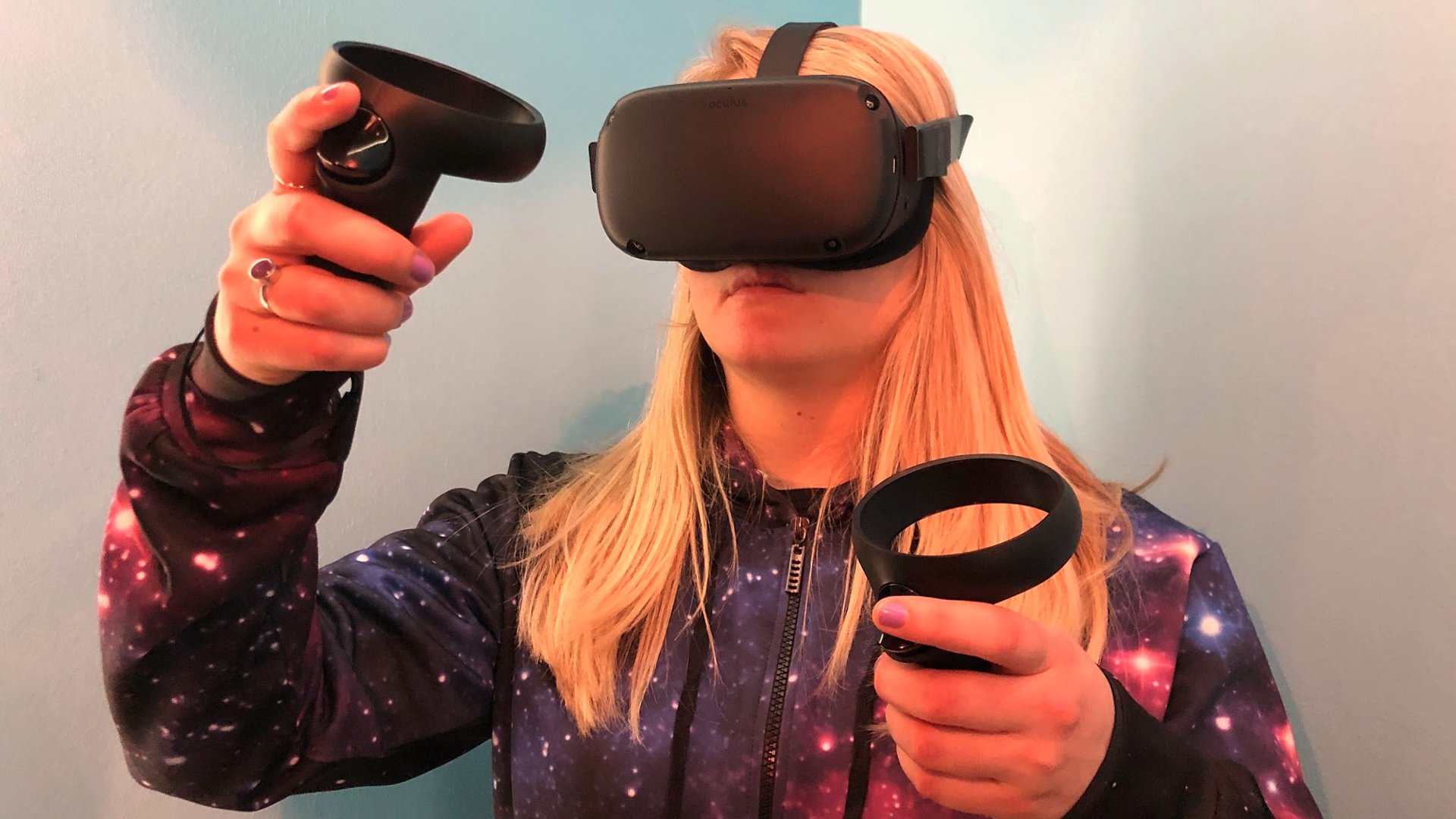

Virtual reality and augmented reality are the next big thing in recent years, but they haven't taken off yet and will have the same fate as trendy 3D television.
Industry experts say "no."
"However, the success of the general public depends on the amount of viable content that is produced and easily accessible, not just hardware improvements. 3D televisions have seen challenges for the same reason: lack of content, and the perception that 3D was simply an additional feature, but in itself an insufficient value proposition to justify the price increase", Nabila Popal, responsible for the investigation. Director of International Data Corporation (IDC), told TechRadar Middle East.
In addition, he said that virtual reality technology is still relatively new and should gain ground in the coming years.
"Virtual reality represents a point of convergence between entertainment, communication and the Internet, in a way that only mobile phones have been in recent history," he said.
However, Akash Balachandran, a senior research analyst at IDC, said that AR and VR can certainly become disruptive technologies due to their many potential use cases and relevance beyond traditional gaming.
Realistic applications are being tested.
"We have seen realistic applications currently being tested and used in education (both in schools and for employee training), in medicine (exposure therapy and response/performance analysis), and in retail (see retail spaces). and customer experience), to name a few.
"Adoption is becoming more common in the consumer and business segments and prices (especially for consumer devices) are falling again, which has already started, developers and industry leaders face Consumers will create more and more real-world use cases that can cause industry disruption, similar to the impact of apps like Airbnb (for the hospitality industry) or Uber (for the transportation industry)," Balachandran said.
Although disruptions caused by virtual reality on a global scale are still on the horizon, Popal said it could take 3-5 years.
However, he stated that virtual reality will continue to face some barriers as the technology improves.
"The exuberance of venture capital (venture capital) does not necessarily have to reflect the performance of the market in the technology segments: innovation in the last decade has become increasingly iterative and incremental. The necessary hardware and existing software they are in their nascent and even right now, the most commercial and high-performance VR headsets are not only expensive enough, but also require a powerful PC and significant configuration.” she said.
It's clear that the value proposition for purchasing a virtual reality headset isn't in favor of mainstream consumers at the moment, he said, but prices are expected to fall sharply. important in the coming years, which will spur adoption and enable growth in the VR industry landscape.
Many AR apps available for smartphones
The recently released Oculus Quest (€399) is another important step in creating stand-alone devices by providing immersive visuals at a reasonable cost.
Balachandran said part of the reason for the growth in AR-related advertising is likely because AR doesn't currently require mass adoption of specialized hardware and the plethora of AR apps already available for the smartphone.
In addition, he said that the interest by the general public had been motivated by some attractive applications, such as Pokemon Go and Snapchat.
"In many ways, AR in its current state represents a better return on investment in terms of marketing funds and business exposure to VR, especially for today's business use cases," he said. he stated.
The Middle East and Africa region saw 7,1% annual growth for AR/VR headsets in the first quarter of this year, thanks to the strong performance of connected devices such as Playstation VR, which has maintained some popularity.
Independent hulls to gain traction
Popal said screenless viewers will continue to drop, while standalone devices should show the most growth significantly, especially with devices like the Oculus Quest welcome.
With the advent of 5G, he said it would help business use cases with VR in the first place.
However, he added, with significantly more bandwidth and virtually no delay, 5G will contribute to the growth of virtual reality as a communication device, which is particularly notable with Facebook's ownership of Oculus and HTC with its Vive.
In addition, he said that 5G could allow virtual reality devices to participate in server-side cloud computing. This will allow the helmets to be lighter, smaller and consume less energy, while offering high-end visuals.